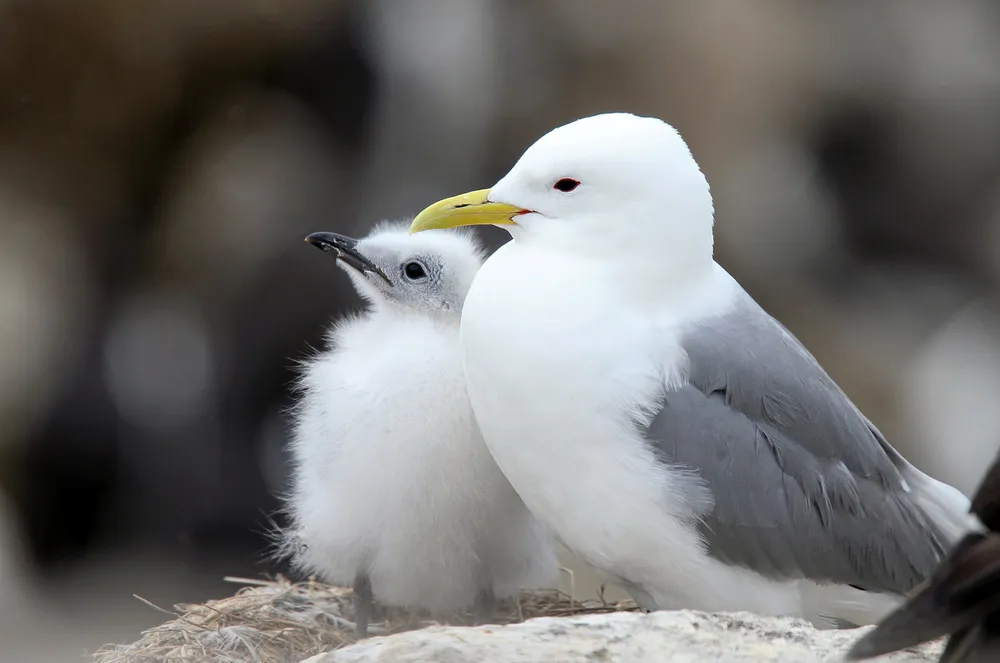RWE fumes at further seabirds delay to $9bn UK offshore wind farm
German power giant incensed by planning authority, which it accuses of 'undermining integrity' of proceedings through its approach

RWE has been left fuming at a further planning delay to its huge Dogger Bank South offshore wind project over seabirds, asking why it is being “treated so differently” to other developers by the planning authority, which it accuses of deferring to conservation groups.
The Planning Inspectorate in July accepted Dogger Bank South, which German power giant RWE is developing in the North Sea with Emirati partner Masdar at a cost of around £7bn ($9bn), beginning its journey towards consent by the UK government.
After further RWE submissions, the panel on 26 November invited interested parties – including environmental group Natural England and bird charity RSPB, which had both argued the original submissions lacked detail – to provide comment on whether sufficient information had now been provided, with a deadline to respond by 16 December.
Two days later, RWE said it was “extremely disappointed” with the letter inviting further comments on its submissions before the examination could continue.
The panel’s approach has been “wholly exceptional in procedural terms,” said RWE, adding it is “deeply concerned".
There is “no reason” why the new documents it has submitted could not be considered during the six-month examination, “as is being done across all other offshore wind developments that are currently in examination,” said RWE.
“The Applicants do not understand why they are being treated so differently to those other offshore wind applications.”
RWE said it is “fundamental for applicants” that planning procedures provide “predictable timeframes,” which give “confidence to investors and enables forward-planning” in the targeting of future Contracts for Difference UK renewables auction rounds.
Giving the various interested parties three weeks to respond to its new submissions “introduces unnecessary delay,” particularly given they are not being asked to give detailed responses.
RWE said it is “very common for there to be material points of disagreement” between offshore wind developers and Natural England on ornithology and other issues. “It is rare for there to be full agreement at the end of an examination let alone the start.”
The panel’s decisions have “given the appearance of an implicit assumption that Natural England’s positions are necessarily correct… undermining the integrity of the overall process.”
The panel had previously defended its approach, saying that additional rounds of consultation had been needed after the examination of Orsted’s 2.6GW Hornsea 4 project because the compensation proposals for seabirds were not fully developed.
Seabird impacts on species such as kittiwakes have been a regular live issue for UK projects throughout the sector’s history. An RSPB challenge in Scotland delayed multiple gigawatts of offshore projects there last decade.
The RSPB has also defended the panel, saying: "It’s not the seabirds causing a delay here, in the case of Dogger Bank South it’s the developer's own delays that are undermining and blocking progress”.
(Copyright)